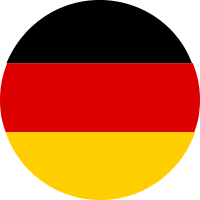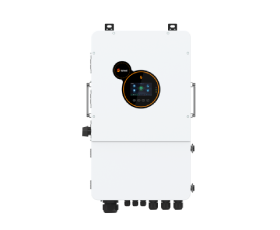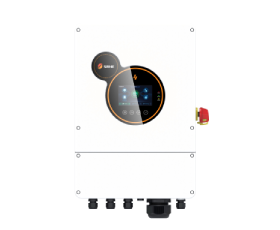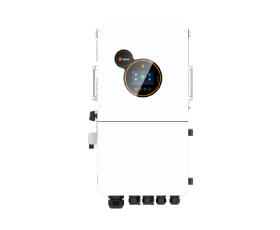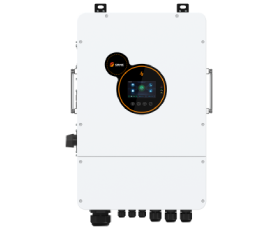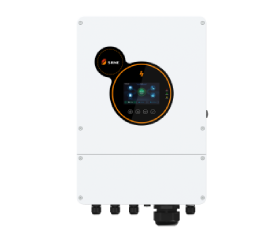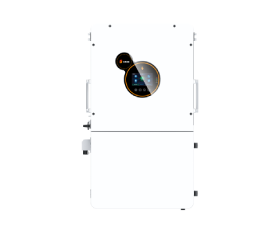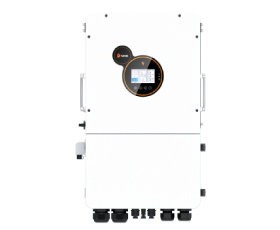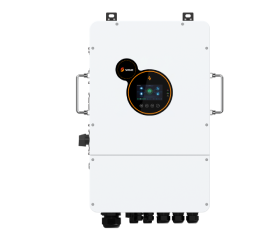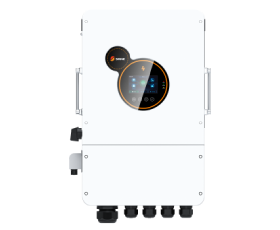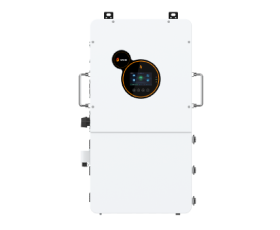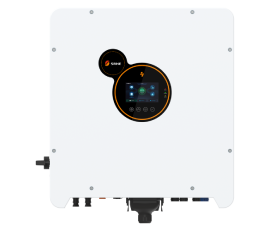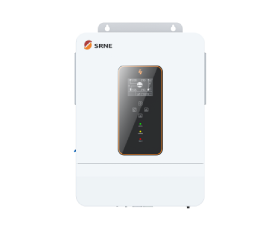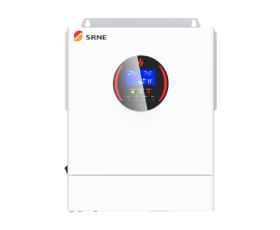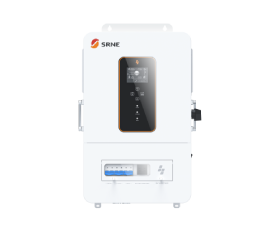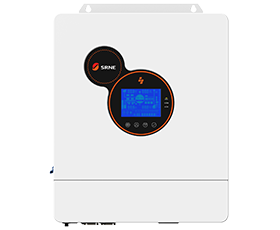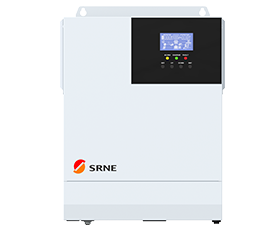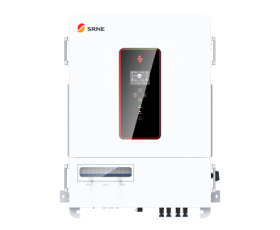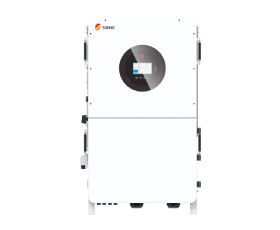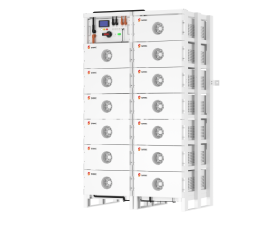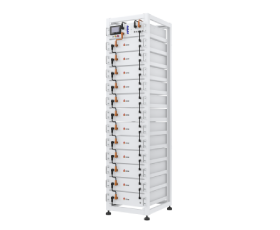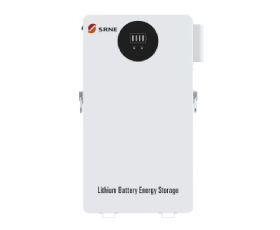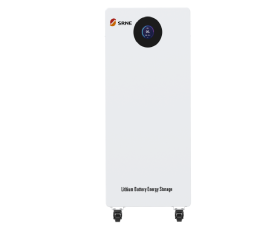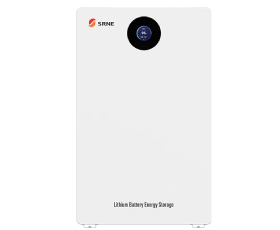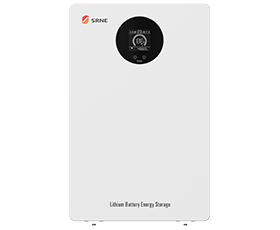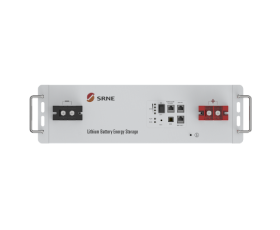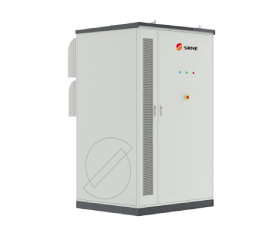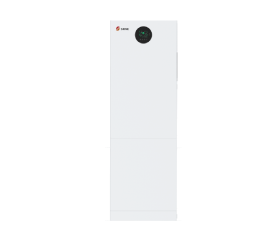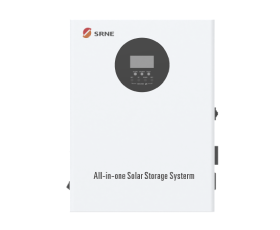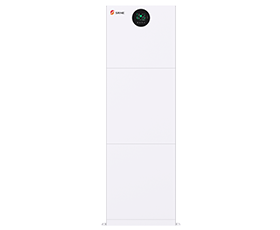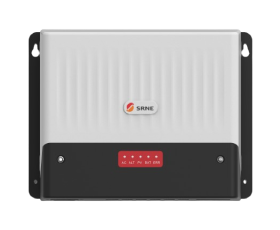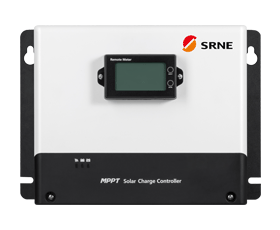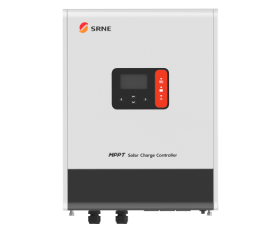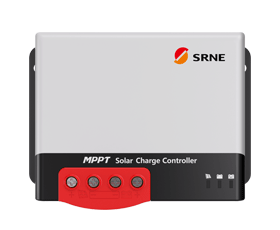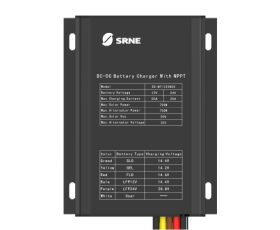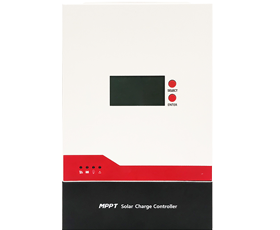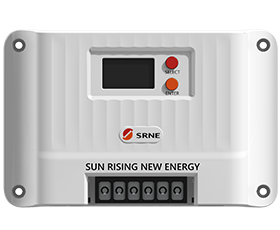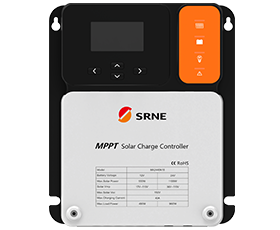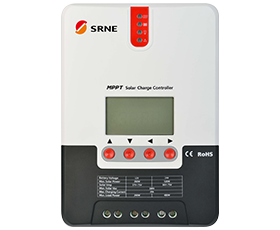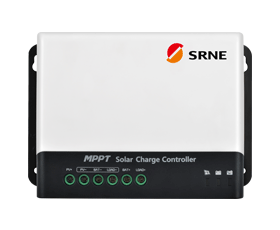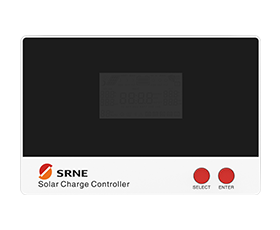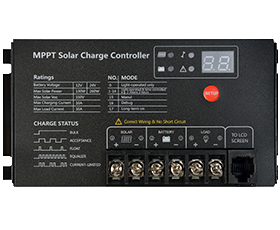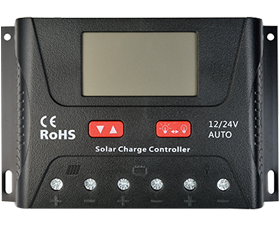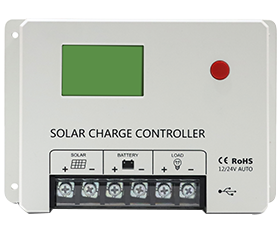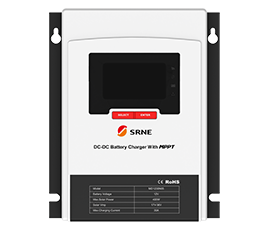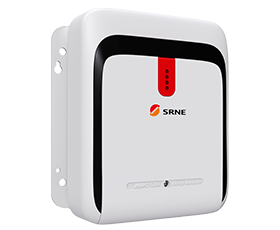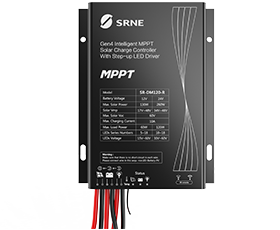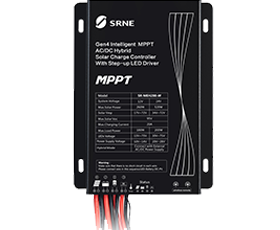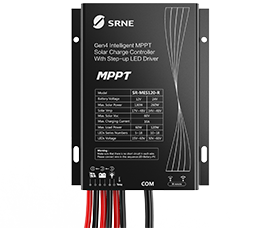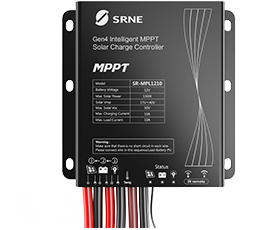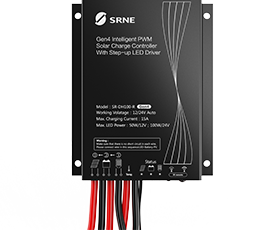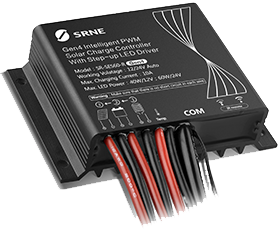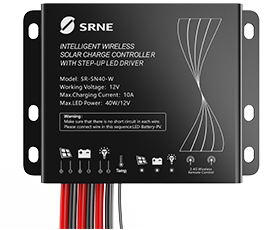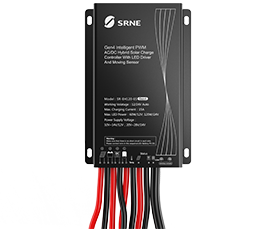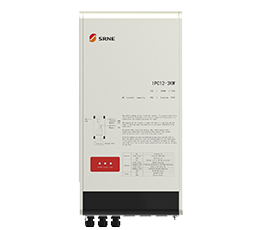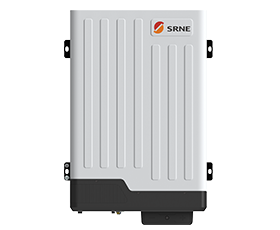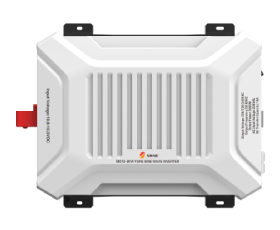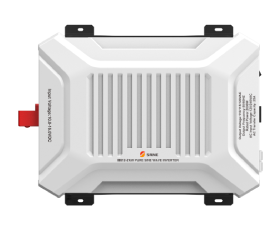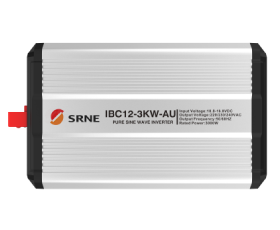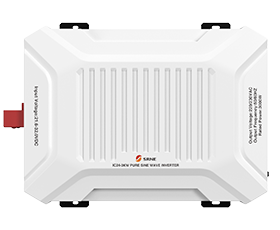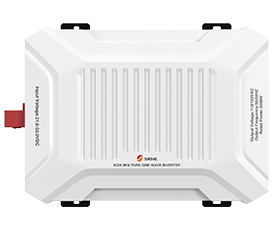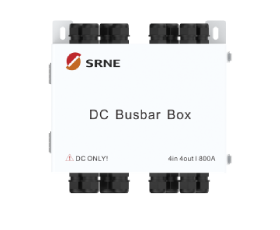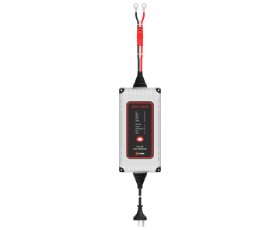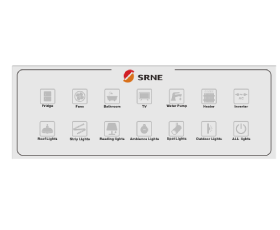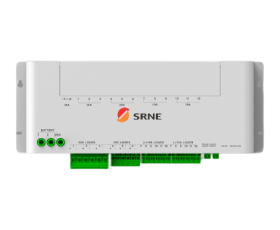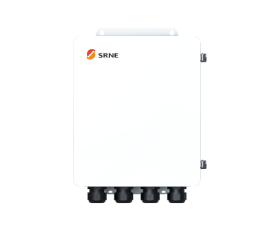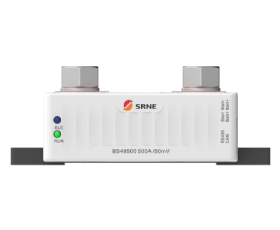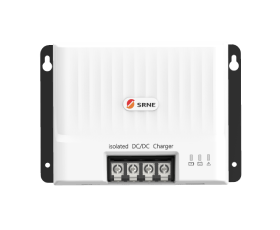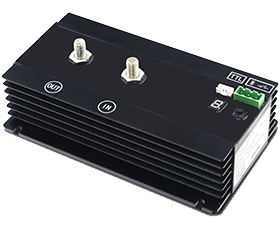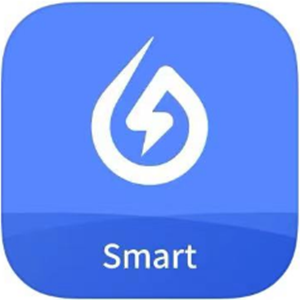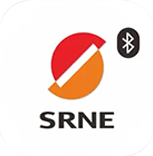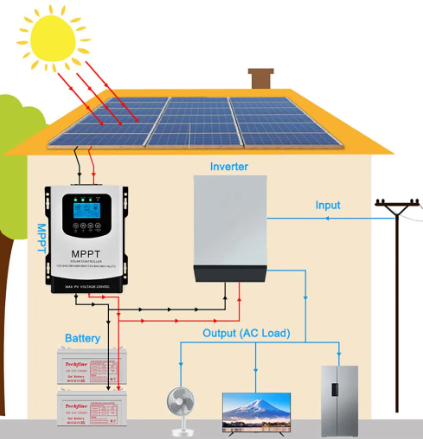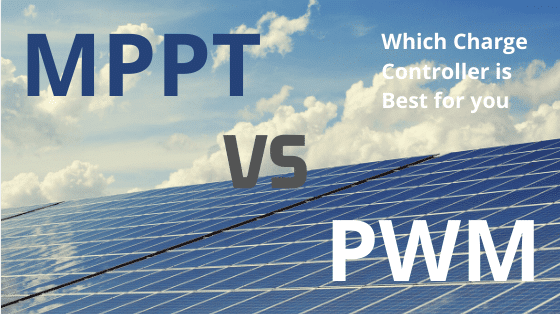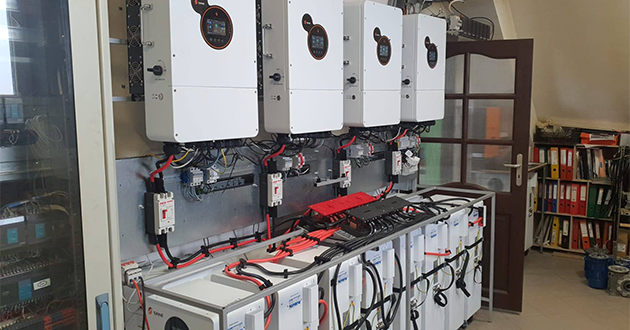Understanding MPPT Solar Charge Controllers: How They Improve Solar System Efficiency
Solar energy systems are becoming increasingly popular as a sustainable power solution for both residential and commercial use. One of the key components in making solar systems more efficient is the MPPT solar charge controller. But what exactly is an MPPT solar charge controller, and how does it help in maximizing power generation? In this article, we'll delve into the role of MPPT technology, compare it with PWM controllers, and highlight why MPPT controllers are the ideal choice for boosting your solar system's efficiency.
The Role of MPPT Technology in Solar Energy Systems
MPPT (Maximum Power Point Tracking) technology plays a crucial role in optimizing the performance of solar panels. Solar panels generate varying amounts of electricity depending on factors such as sunlight intensity, shading, and temperature. An MPPT solar charge controller adjusts the electrical operating point of the panels to ensure that they are always operating at their maximum power output. This is known as tracking the maximum power point. Essentially, MPPT technology finds the sweet spot where the voltage and current of your solar panels deliver the highest possible power.
An MPPT solar charge controller continuously monitors the panel output and adjusts the current to match the battery's charging needs. By doing so, it ensures that the solar panels produce the maximum possible power, even under challenging conditions. This ability to dynamically adjust ensures that you extract the highest efficiency from your solar panels, improving the overall performance of your solar energy system.
At SNRE, we offer a range of advanced MPPT solar charge controllers, including models like the MA Series, ML Series, and MC Series etc, designed to help you maximize power generation and improve overall system efficiency. You can explore more of our products at SNRE Solar Charge Controllers.
MPPT Solar Charge Controller vs. PWM Controller
When comparing MPPT solar charge controllers with PWM (Pulse Width Modulation) controllers, it's essential to understand how they differ in terms of performance and efficiency.
Efficiency: The most significant difference between MPPT and PWM controllers lies in efficiency. MPPT controllers can convert more of the energy generated by solar panels into usable electricity. In contrast, PWM controllers limit their ability to adjust the panel’s output, which can lead to energy losses. MPPT controllers can be up to 30% more efficient compared to PWM controllers, especially in situations where the panel voltage is much higher than the battery voltage.
Adaptability: MPPT controllers excel in variable conditions, such as cloudy days or temperature changes, because they can quickly adjust the panel's operating point. This adaptability helps them maintain maximum power extraction, which makes a big difference in regions with unpredictable weather.
System Size: MPPT solar charge controllers are particularly beneficial for larger solar power systems, where maintaining peak efficiency is crucial. They are also ideal for systems with high-voltage panels, as they efficiently step down the voltage to match the battery, minimizing energy loss. PWM controllers, on the other hand, are better suited for smaller systems where cost is a bigger concern than maximizing efficiency.
Efficiency Benefits of MPPT Solar Charge Controllers
The key efficiency benefit of using an MPPT solar charge controller lies in its ability to maximize power generation by matching the optimal power output of the solar panels to the charging needs of the battery. This translates to higher energy yields, allowing users to make the most of the available sunlight, which is especially beneficial during low-light conditions, such as cloudy or rainy days.
Another efficiency advantage of MPPT controllers is their ability to handle varying input voltages from solar panels. By converting the excess voltage to usable current, MPPT technology reduces energy waste, resulting in more effective battery charging. This feature is particularly valuable for solar systems in colder climates, where the voltage output of solar panels can be higher than usual.
At SNRE, our MPPT solar charge controllers, such as the ML Series, and MC Series, are engineered to deliver higher efficiency, allowing your solar panels to generate more electricity with minimal energy loss. This ensures that you get the best performance out of your solar system, making it more reliable and cost-effective.
While PWM controllers are simple and cost-effective, they cannot match the efficiency levels of MPPT controllers. For users looking to get the most out of their solar power system and reduce their reliance on the grid, an MPPT controller is the optimal choice. It helps to ensure that no sunlight goes to waste and that the solar panels operate as efficiently as possible, even under changing environmental conditions.
Conclusion: Maximizing Solar Efficiency with MPPT Technology
To sum up, MPPT solar charge controllers play a pivotal role in enhancing the efficiency of solar energy systems by continuously tracking and adjusting the maximum power point of solar panels. Compared to PWM controllers, MPPT controllers are far superior in maximizing power generation, especially in variable conditions and larger systems.
If you’re planning to invest in a solar energy system or upgrade your existing setup, choosing an MPPT solar charge controller from SNRE is the way to go for enhanced efficiency and optimal power generation. With improved energy output, your solar panels will generate more electricity, making your system more reliable, sustainable, and cost-effective. Explore our range of solar charge controllers here.
Editor's Note:
You can read more about Solar Charge Controllers or other advice in other blogs:
Off Grid Inverters:What Is It And How To Choosing
An off-grid inverter, also known as a standalone inverter or independent inverter, is a type of power conversion device used in off-grid or standalone electrical systems that are not connected to the main electrical grid.
Integrating Solar Panels with Home Power Inverters: A Comprehensive Guide
As more homeowners turn to renewable energy, the integration of home power inverters has become essential for optimizing energy efficiency.
DC-DC Battery Charger: All You Need to Know
A DC-DC battery charger is a device or circuit that is designed to charge a battery using a direct current (DC) power source.





